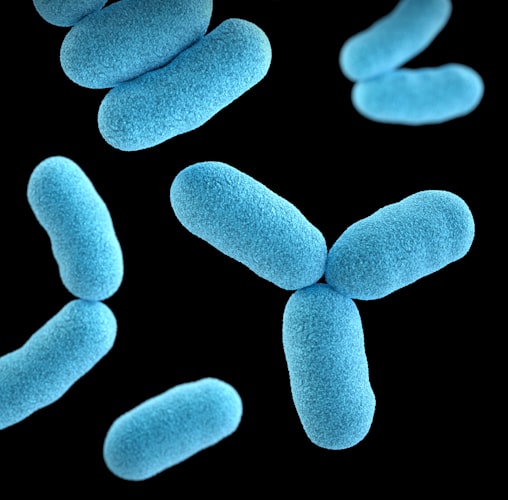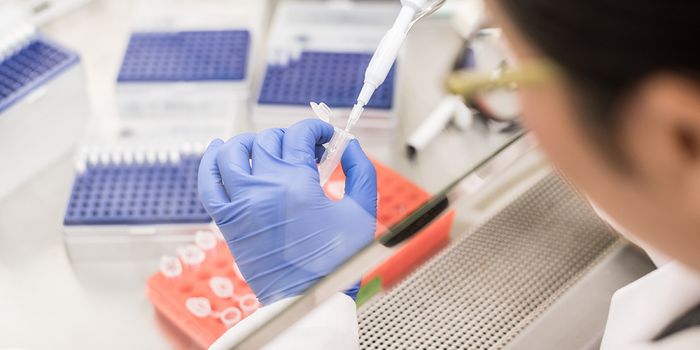Engineering Drug-Producing Bacteria
Researchers at Rice University worked to program a bacterium, Escherichia coli, to produce a synthetic "noncanonical amino acid” that can eventually produce novel proteins for therapeutics.
"The process requires a lot of interdisciplinary techniques," says Rice University chemist, Han Xiao. "In this study, we combined synthetic chemistry, synthetic biology and metabolic engineering to create a strain that synthesizes and encodes a 21st noncanonical amino acid, and then uses it to produce the desired protein."
Findings were published in the Cell Press journal Chem and describes how bacteria was engineered to produce an extra amino acid, 5-hydroxyl-tryptophan (5HTP). The novel product, 5HTP, can possibly serve as the precursor to the neurotransmitter serotonin.
"These 5HTP-containing proteins, isolated from the programmed bacteria, can be further labeled with drugs or other molecules," Xiao said. "Here, we show the strain itself can serve as a living indicator for reactive oxygen species, and the detection limit is really low."
Learn more about engineering bacteria:
"This has been an ongoing field for decades, but previously people focused on the chemical part," Xiao said. "Our vision is to engineer whole cells with the 21st amino acid that will let us investigate biological or medical problems in living organisms, rather than just dealing with cells in the lab.
"Moving this technology to the host species eliminates the need to inject artificial building blocks into an organism because they can synthesize and use it on their own," he said. "That allows us to study noncanonical amino acids at a higher, whole organism level."
Source: Science Daily









